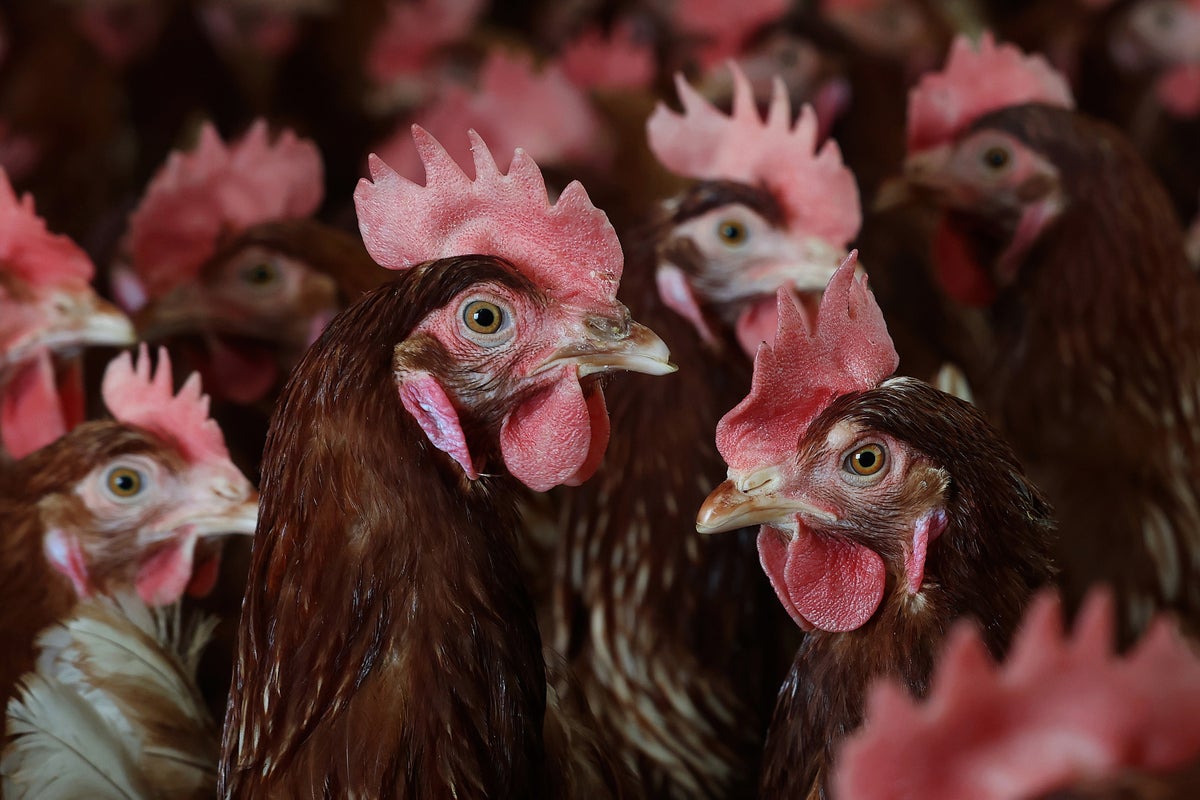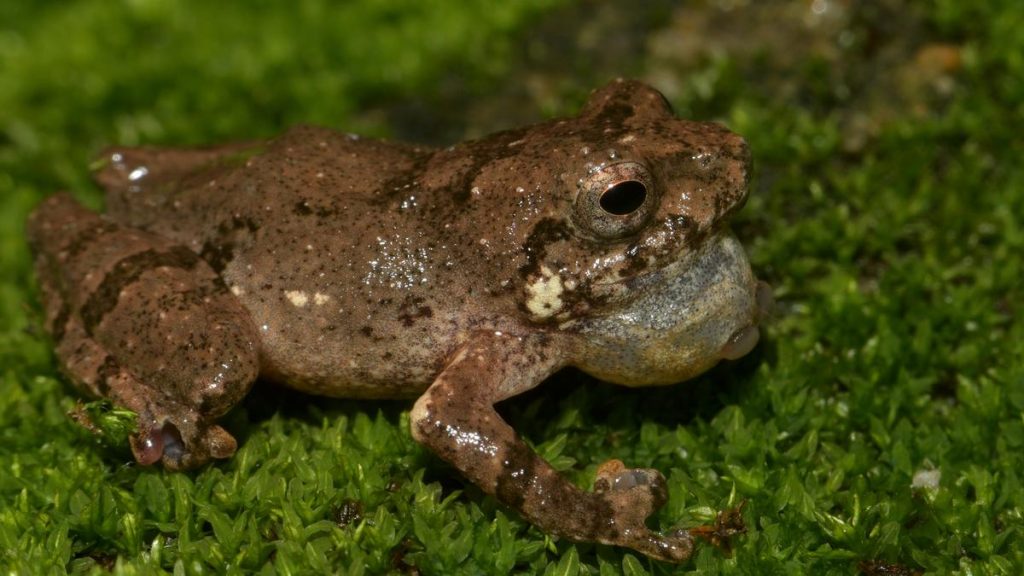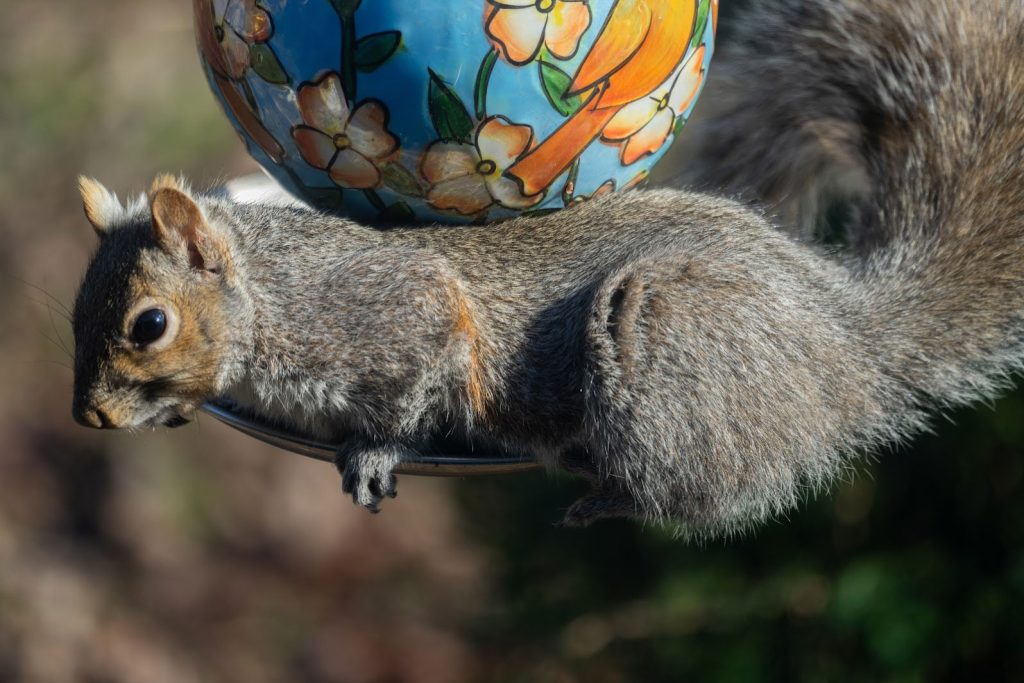Now Reading: RFK Jr.’s Stance on Bird Flu Sparks Expert Concerns
-
01
RFK Jr.’s Stance on Bird Flu Sparks Expert Concerns
RFK Jr.’s Stance on Bird Flu Sparks Expert Concerns

Quick Summary
- H5N1 Avian Influenza: Bird flu continues to spread in U.S. poultry flocks and poses devastating consequences.
- Kennedy’s Proposal: Robert F. Kennedy Jr., Secretary of Health and Human Services, suggested allowing the flu to spread to identify immunity in birds. Experts have denounced this approach.
- Expert Concerns:
– Poultry scientist Rocio Crespo called Kennedy’s idea “crazy,” citing high bird mortality (90-100% within days).- Genetic resistance is unlikely, as birds die too quickly for research or immunity progress.
- Economic Risks: The policy could ban U.S. chicken exports and worsen already high egg prices, disrupting global sales of poultry products.
- Current Strategy:
– Farmers cull infected flocks under USDA guidance, financially compensated for losses; containment has been effective since the 1980s.
– The current strain introduces challenges by spreading year-round among wild birds and mammals.
- Future Directions:
– Scientists are researching vaccine improvements to reduce viral transmission while maintaining export viability.
Indian Opinion Analysis
Kennedy’s proposed strategy reveals a knowledge gap regarding avian influenza’s biology and its catastrophic economic risks. By suggesting mass exposure without culling infected birds, his plan contradicts established scientific understanding that containment prevents widespread devastation among flocks-a major source of food production globally.
India, as a significant consumer and producer of poultry products, should observe such developments carefully due to potential ripple effects on international trade standards or outbreaks affecting imports/export policies post-disease emergence in other markets.
The resilience demonstrated by existing biosecurity protocols highlights the importance of science-driven policymaking rather than speculation-based approaches that could amplify consequences while reducing economic security around essentials like affordable eggs or meat supplies worldwide. Should genetic research successfully make vaccinations more effective over time without trade limitations-as explored in current studies-it may serve as an adaptable model for India’s agriculture systems facing similar threats in the long-term future.

























